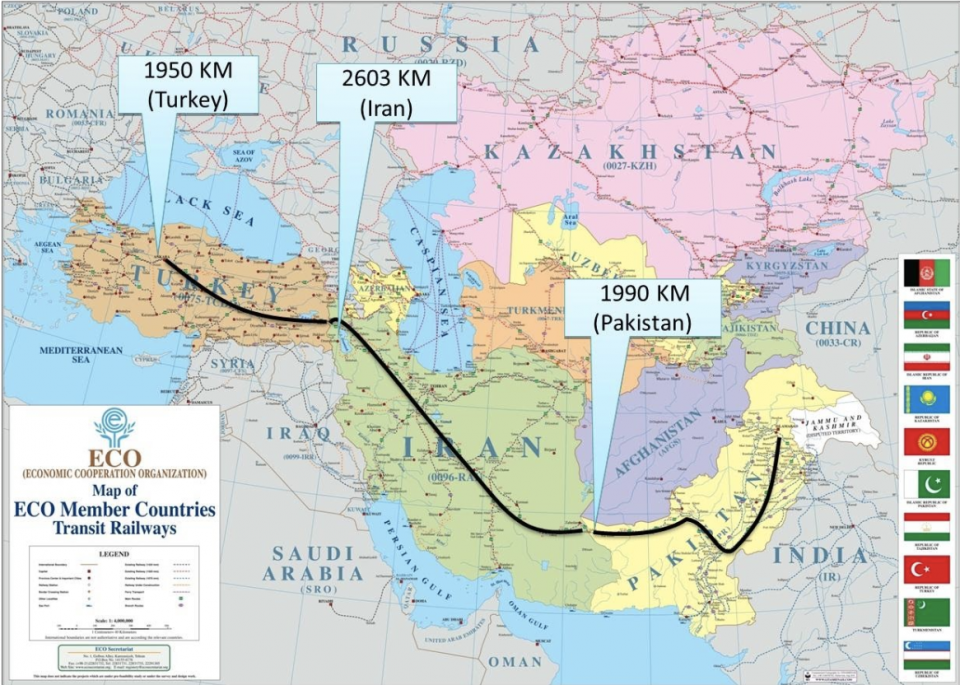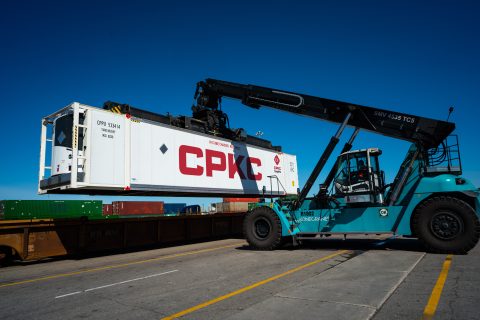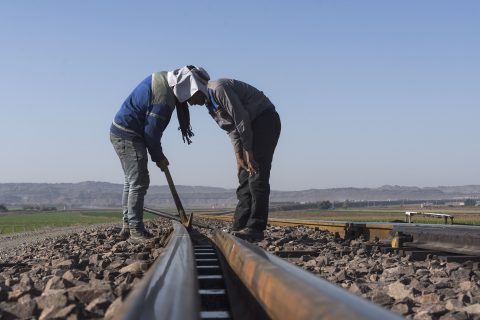The Istanbul-Tehran-Islamabad train was never viable

New light is shed on the case of the Istanbul-Tehran-Islamabad train. The service that promised a lot but never happened seems never to have been feasible, and if there is someone to blame, that is the US sanctions on Iran.
Aasim Siddiqui, chairman of Pakistan Freight Association, revealed this in an exclusive interview with Huilin Shi, editor of our sister publication RailFreight.cn. He said that there were several attempts by the Turkish and Pakistani governments to start the service, but this never happened for two reasons: first of all, the cargo volumes between Turkey and Pakistan are insufficient to maintain a regular train service. Secondly, the Pakistani government was never very interested in launching such a service because of the US sanctions on Iran.
As Siddiqui highlighted, Iran is currently a missing link in the corridor, and Pakistan cannot trade money and cargo with it. Consequently, there is no guarantee and financial security for the transported freight. Railfreight.com reported the situation in early June when shippers complained about the continuous postponement of the service, and Haroon Brothers & Co, the official freight forwarders of the Pakistan Railways, explained that the problem is not their responsibility since it’s political.

Sanctions’ lift the only solution
Russia is also attempting to launch rail links with Iran. However, it’s facing the exact same problems. For Siddiqui, the only solution lies in the cooperation of the US and Iranian governments that could lead to a sanction lift. That is the only way to put Iran on the rail Freight map of central Asia.
The rest is easy to achieve. “The cooperation between the governments is already there, and the infrastructure development will follow quickly. The market is interested in the route, and as soon there is a political solution, it will be easy to promote it”, concluded Siddiqui.
Why was the service announced in the first place?
Rumours concerning the service’s revival started emerging in January this year. The Covid-19 crisis and the skyrocketing air and sea freight prices made the -postponed for more than a decade- project look enticing. Parties involved announced that the first departure would take place on 4 March. Nevertheless, and after multiple changes of dates, the coveted departure never came.

A shipper specifically denounced that they experienced financial losses due to the delays because they relied on the service to transport their cargo. A critical question arises: was it clear since the beginning of negotiations that the service was not 100 per cent viable and that the parties involved were examining their options? Or did the service organisers promised things that could not deliver in the end?
The answer seems to lie somewhere in the middle. The service would, in the end, be viable only if enough shippers were involved and eager to move their cargo via Iran. Since shippers backed out, it would be impossible to launch the train for just one or two customers. Was miscommunication a factor that made things even worse? It seems so, especially since politics are involved, and the discussion does not only concern business as usual. For now, with the current status-quo, the ITI train remains on hold and will take some time until it makes it to the headlines again.
Also read:
- What happened to the Istanbul-Tehran-Islamabad train?
- Istanbul-Tehran-Islamabad corridor revives on 4 March
- ITI corridor to assume services as part of New Silk Road
You just read one of our premium articles free of charge
Want full access? Take advantage of our exclusive offer





